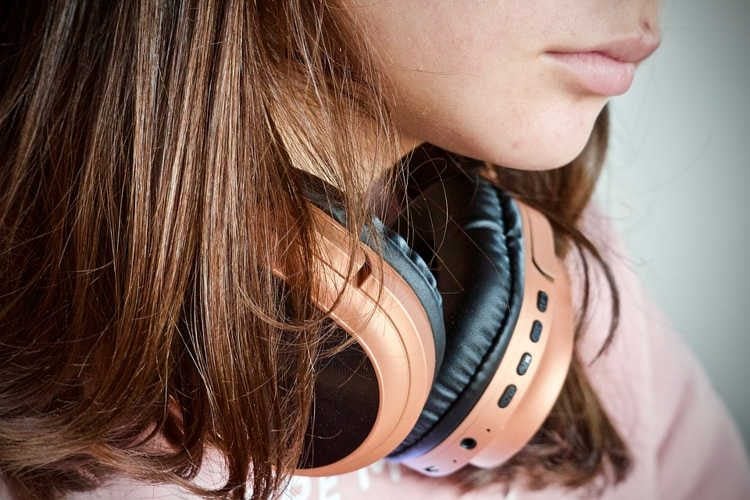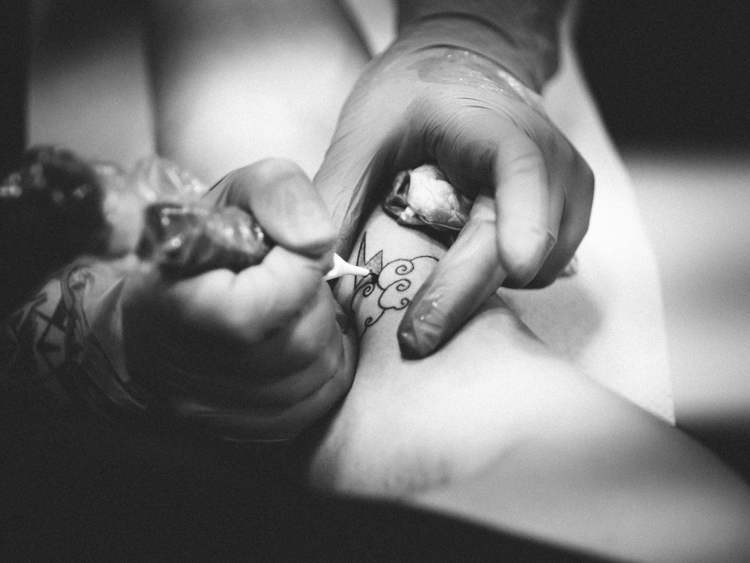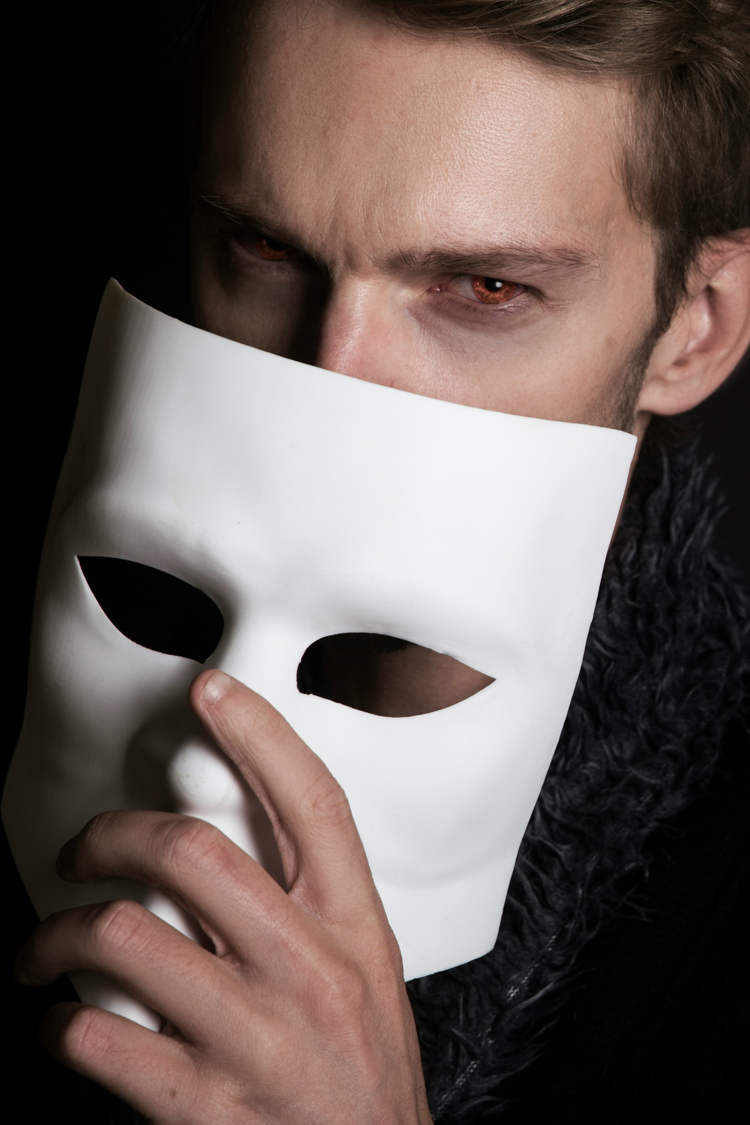Imagine hearing someone chewing a piece of bubble gum loudly and being overwhelmed by a feeling of anger, disgust or panic. Sounds like loud chewing or slurping can be hard to put up with for most of us, but for people suffering from a rare condition called misophonia, it’s virtually impossible.
Misophonia, also known as Selective Sound Sensitivity, is usually described as a strong emotional or physiological response to the presence or anticipation of certain sounds that are usually human-generated, like the sound of someone biting into crunchy foods, clicking noises, knuckle cracking, even breathing. While anger is the most common reaction recorded in misphonia sufferers, anxiety and disgust are also possible responses. But these intense emotions are also accompanied by a release of adrenaline which causes symptoms like raised pulse, shakiness, sweating and a raised heart rate. This makes dealing with experiences most of us consider mundane almost impossible for people with misophonia.

Photo: sweetlouise/Pixabay
28-year-old Margot Noel, a misophonia sufferer from the UK, was recently featured in a BBC story documenting what it’s like to live with such an unusual condition. Her triggers include the cracking of crunchy foods, whispering, tongue clicking, pen clicking noises and knuckle cracking, among others. And it’s not just she doesn’t like them, it’s that she simply can’t physically stand some of them.
“It makes me jump off my chair and I’ll have to do something to make it stop, which is not the case with all of my other triggers,” Margot said about her reaction to knuckle cracking. “It’s not like a sound you don’t like, it’s much more than that, it’s completely different. It’s something I feel in my stomach, like extreme anxiety. Or suddenly I feel overwhelmed, I can’t think any more, it just takes over everything. If someone had a gun and they were pointing it at me, it would feel exactly the same.”
Margot has been dealing with misophonia for as long as she can remember. One of her earliest memories is of her younger brother exploiting her inability to cope with tongue clicking. Whenever she annoyed him or didn’t do something he wanted, he would just click his tongue because he knew she couldn’t handle it. They are both grown up now and her brother is much more understanding, but her condition hasn’t gotten any better.
Explaining her condition to other people, even close friends and family, and making them understand that it’s not their fault and they shouldn’t feel guilty for making normal noises has been tough for Margot. Sometimes she will have dinner with someone and be forced to listen to their chewing noises, but she is reluctant to tell them to stop, for fear that they will take it as a request to stop being themselves.
“They feel like it’s an attack or a criticism when it’s not, it’s actually not.” the 28-year-old said. I’m the problem, but it’s very difficult to ask people to make less noise because they always end up feeling like they can’t be themselves around you.”
Margot only learned that she suffered from misophonia about three years ago, after suffering an attack while attending a theater play. She was enjoying the performance, but all of a sudden the breathing of a person close to her caught her attention. They sounded like they were going to die, and it kept distracting her from the play, so she went home and looked online for any mention of symptoms similar to her own. When she read about misophonia, she felt relieved because she at least understood what was going on.

Photo: chairulfajar_/Unsplash
After learning about a misophonia study being conducted in Newcastle, Margot Noel contacted one of the scientists involved in the research and was eventually invited to take part in it. She had to undergo a six-stage test to measure her response to certain triggers, but she only got through two of them before it all became too much to bear.
“It wasn’t that I gave up, because I told them I wanted to do it, but they said I had to stop because I was too distressed and it was confusing the results,” she told the BBC.
In her day to day life, Margot wears ear plugs or headphones to block out the sounds that drive her crazy, and she refers to music as her “protection”. When watching a movie, she just covers her ears whenever she hears sounds that trigger an uncontrollable emotional response, like passionate kissing.
Margot says that apart from the development of a treatment for misophonia, she hopes that more people become aware of the unusual condition so that she doesn’t have to feel uncomfortable asking them not to make certain noises.
“If I could just ask someone next to me in the theater, ‘I’m sorry, can you just try to not do that noise, I have misophonia,’ and they would be like, ‘Oh I’m really sorry,’… That is what I’m hoping for more than a treatment – just being able to have that discussion with someone without them making me feel like I’m a freak,” she said.





